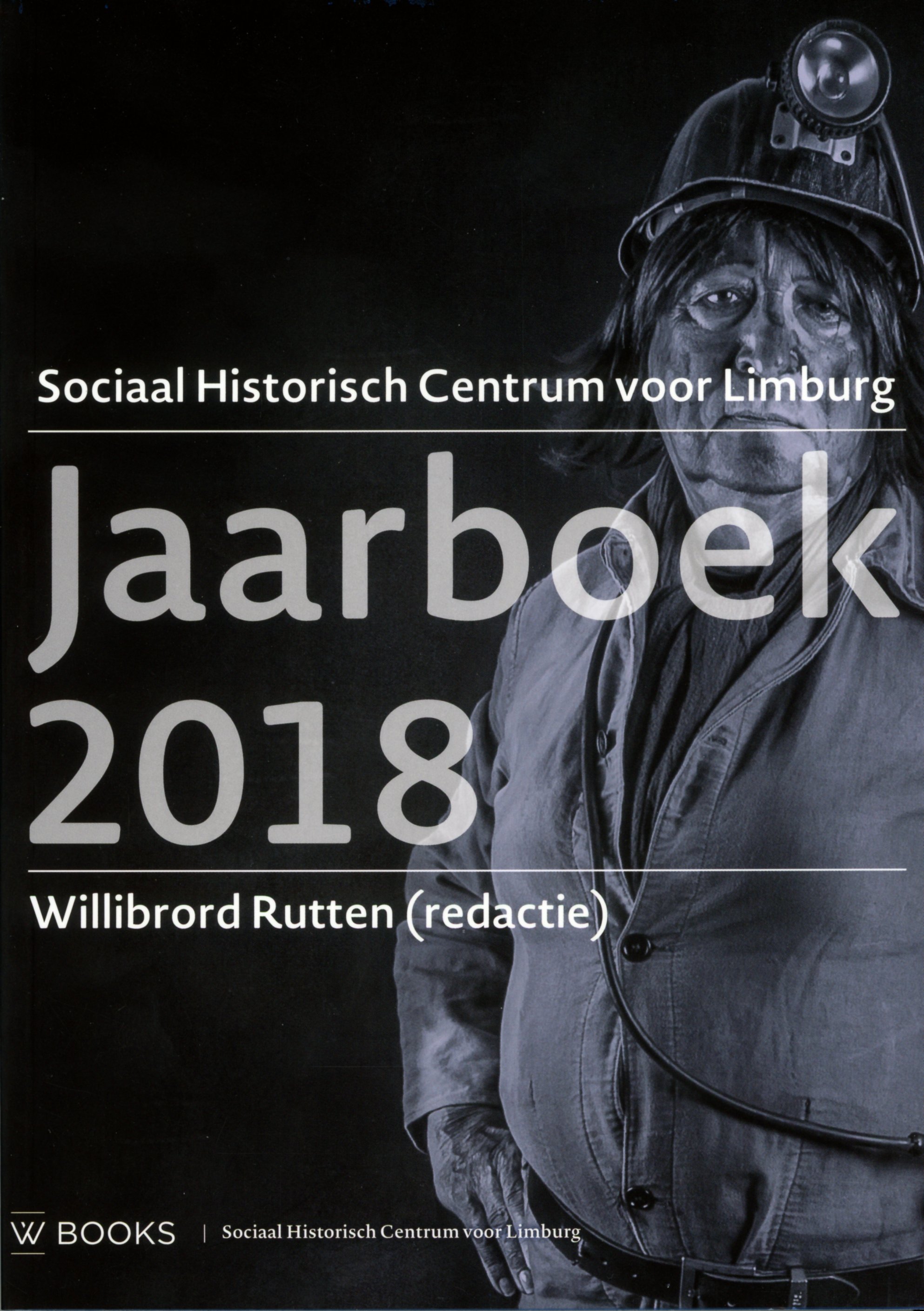De boerenleenbank in Zuid-Limburg tot 1920
DOI:
https://doi.org/10.58484/ssegl.v63i12393Trefwoorden:
negentiende eeuw, twintigste eeuw, economische geschiedenis, Limburg, bankwezen, landbouwkredietbankenSamenvatting
Cooperative agricultural banks in the south of Dutch Limburg before 1920
Little is known about the dissemination of the cooperative ideas of F.W. Raiffeisen and the early history of the boerenleenbanken in the south of Dutch Limburg. This study explores the structure of regional banking system around 1900 and the actors that were involved in the founding of seven cooperative agricultural banks. Over time all seven have become part of today’s Rabobank Centraal Zuid-Limburg. Archival research shows that these banks provided agricultural business credits as well as social credits within their local communities. Due to the geographical location the circulation of neighbouring currency was well accepted in this region and by these small banks. World War I however disrupted the regional economic structures and with it the cash circulation as records show.
Downloads
Gepubliceerd
Nummer
Sectie
Licentie
Copyright (c) 2022 Joke Mooij

Dit werk wordt verdeeld onder een Naamsvermelding-NietCommercieel 4.0 Internationaal licentie.



